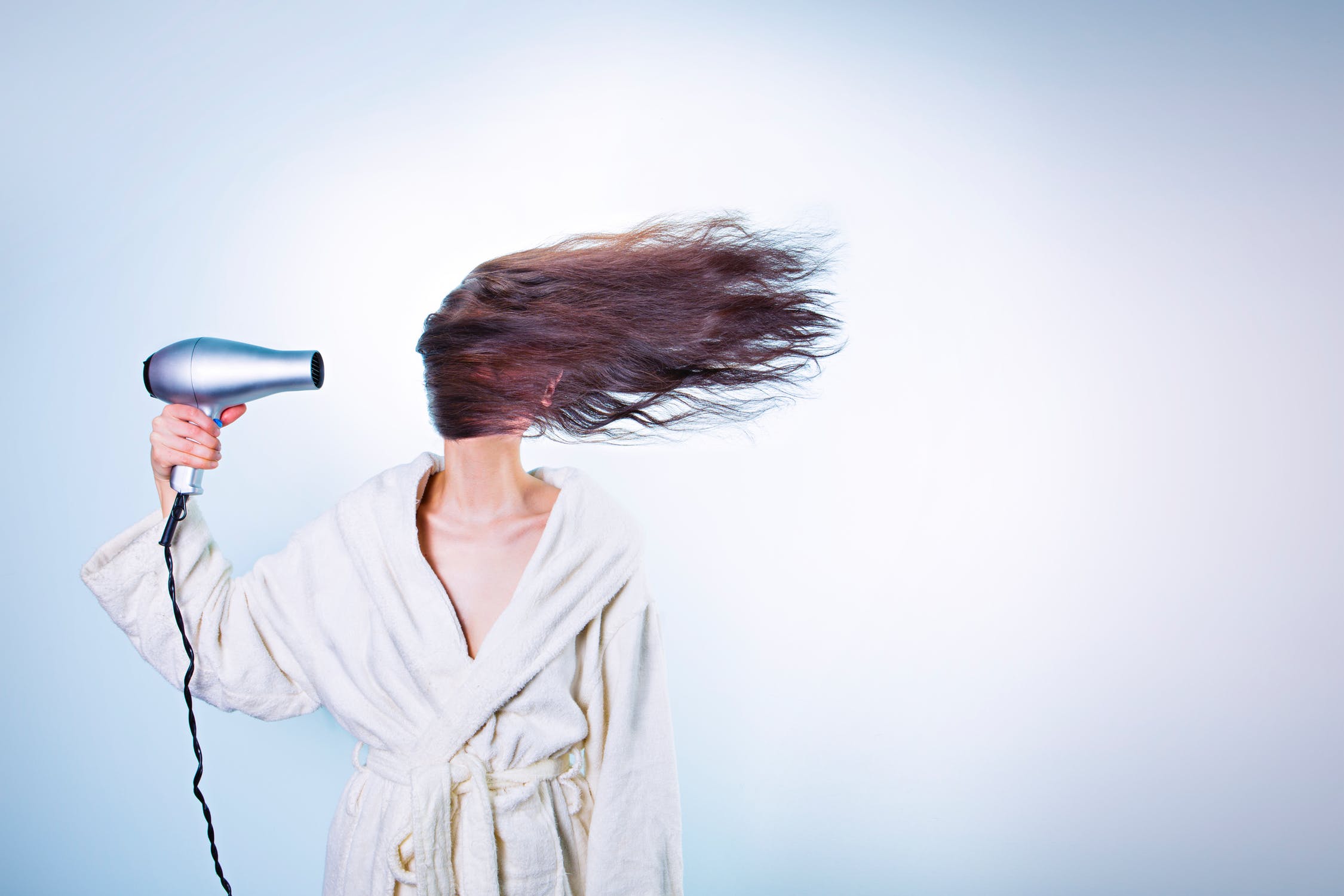These are the tricks Brits are using to hide their grey hairs
Getting your hair cut short, going outside in the dark and wearing a wig are among the ways Brits are hiding their grey hairs, it has emerged.
Plucking out the pesky discoloured hairs as they come through and wearing clothes which distract from your head are also among the tactics adults are using to cover up hairs which may make them appear older than they are.
Others use mascara on greys to hide them and a handful even shave their hair off entirely, the study found.
It also emerged adults find their first grey strand at the age of 37 but nearly one in five find one before they hit their mid-twenties.
The study of 2,000 Brits, commissioned by Pantene, also found four in 10 women dye their hair to cover greys compared to just seven per cent of men.
Women are far more likely to feel shocked or upset when they discovered their first strand of grey hair.
[youtube https://www.youtube.com/watch?v=8Z_ZBvhVCXE?enablejsapi=1&autoplay=0&cc_load_policy=0&iv_load_policy=1&loop=0&modestbranding=0&rel=1&showinfo=1&theme=dark&color=red&autohide=2&controls=2&playsinline=0&]
The study also found four in 10 of those surveyed said they cover their greys to feel more confident and a third reckon grey hairs make them look ‘frumpy’.
A spokesman for haircare brand Pantene said: “It’s completely normal to feel a bit surprised by finding your first grey hair – although it’s something almost everyone will experience at some point in their life.
“Historically, greys have been seen as a sign of ageing and can be perceived negatively but we believe grey hair should be celebrated.
“Despite stereotypical attitudes towards grey hair, our study found people are more receptive to going grey than ever before, so it’s important those who make this choice feel confident and empowered to do so.”
More than half the nation said they will be “going grey gracefully”, and a fifth of those with grey hair have received a compliment about their style.
As a result, adults across the country are letting their natural colours finally come through around the age of 44.
But Brits reckon it’s only ‘acceptable’ for women to go grey in their mid-fifties whereas the same is said for men in their mid-forties.
Yet after accepting their greys, women are more likely to feel empowered, confident and even proud compared to men who, quite simply, feel natural and happy.
Nearly half of those polled via OnePoll said they find grey hair attractive, and a quarter agreed grey hair can act as a style statement, rather than a sign of age.
The same study found George Clooney to be top of the list of grey-hair icons, closely followed by the much-loved Phillip Schofield and actress Dame Judie Dench.
Nearly a fifth said seeing grey-haired celebrities such as models or actors in the public eye helps to build their own confidence around going grey.
And a third agreed grey hair should be embraced and allowed to come through in all its natural beauty.
But just eight per cent of those with grey hair use special haircare for their colour, with three in 10 of unaware it was needed in the first place.
A spokesman for Pantene added: “We believe that all hair is beautiful, no matter how you choose to wear it and we’re on a mission to help women and men celebrate grey hair.
“That’s why we’ve developed Pantene Hair Biology Grey and Glowing, including a purple shampoo, to provide superior care specifically designed for grey hair.
“We’ve seen first-hand that when your hair transforms, you do too – that’s the power of great hair.”

